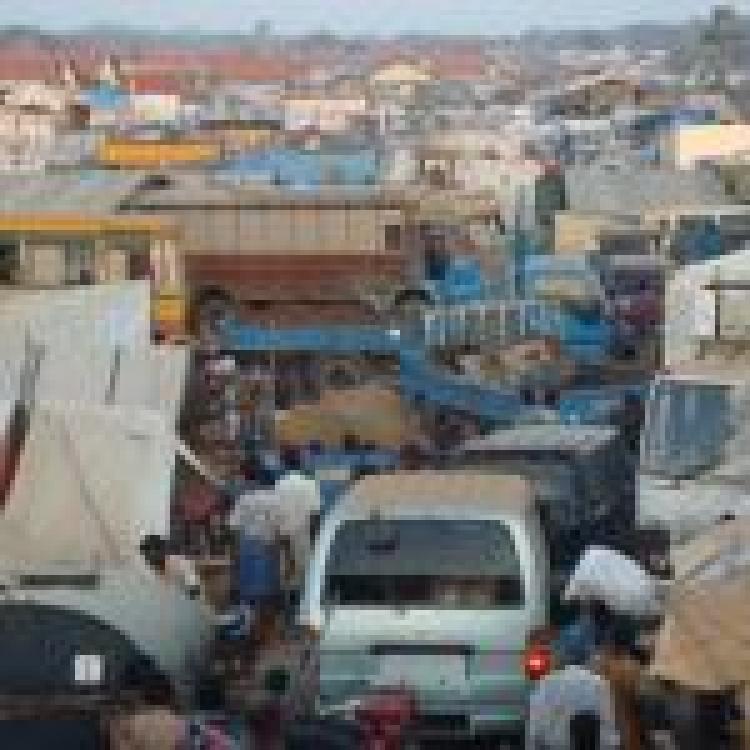James Elder, the spokesperson for UNICEF, spoke about the lessons he learned in Sri Lanka leading up to the Mullivaikkal genocide as he delivered remarks on Gaza this week.
“In 2007 and 2008 when I was in Sri Lanka, I learned a lot in that time and so did the United Nations,” said Elder, in a video posted on Tuesday. “We had the independent pan review, of course, on failings in Sri Lanka.”
He went on to share a quote by John F Kennedy and said:
“To be frank, the only thing I can recall when sincerity and proof went hand in hand is when senior officials have said things like, quote:
“Our focus is on creating damage, not accuracy.”
“Gaza wont return to what it was before.”
“We will eliminate everything.”
The sincerity in those statements has been proven with every additional child killed.”
His remarks came as the death toll in Gaza reached 20,000 Palestinians killed by Israel’s offensive.
In 2009 James Elder the Sri Lankan government expelled Elder, after he spoke out on plight of Tamils in military-run camps, in the aftermath of the Mullivaikkal massacres.
He told The Australian newspaper, “The nutritional situation of children [in the camps] is a huge concern for UNICEF, and restrictions on access hinder our ability to save lives.”
Elder has also said he had seen injuries suffered by Tamil children, including "babies with shrapnel wounds, gun shot injuries and blast wounds". He said hundreds of children had been killed and that those who survived were "living in dire circumstances, caught in the crossfire".
"Mr Elder was doing propaganda in support of the LTTE," Palita Kohona, the former Permanent Representative of Sri Lanka to the United Nations UN, told AFP at the time. "It was unacceptable.“
UN officials said the expulsion was reminiscent of "North Korean diplomacy" and was aimed at "paralysing Unicef".
"This is a clear warning to the UN agencies and all relief workers not to speak out about the situation of 300,000 Tamils who are being interned," said Suhas Chakma, of Delhi's Asian Centre for Human Rights (ACHR), at the time.
"It is worse than the way UN agencies are treated by authoritarian regimes and sets a new low. Burma treats aid workers better”.

